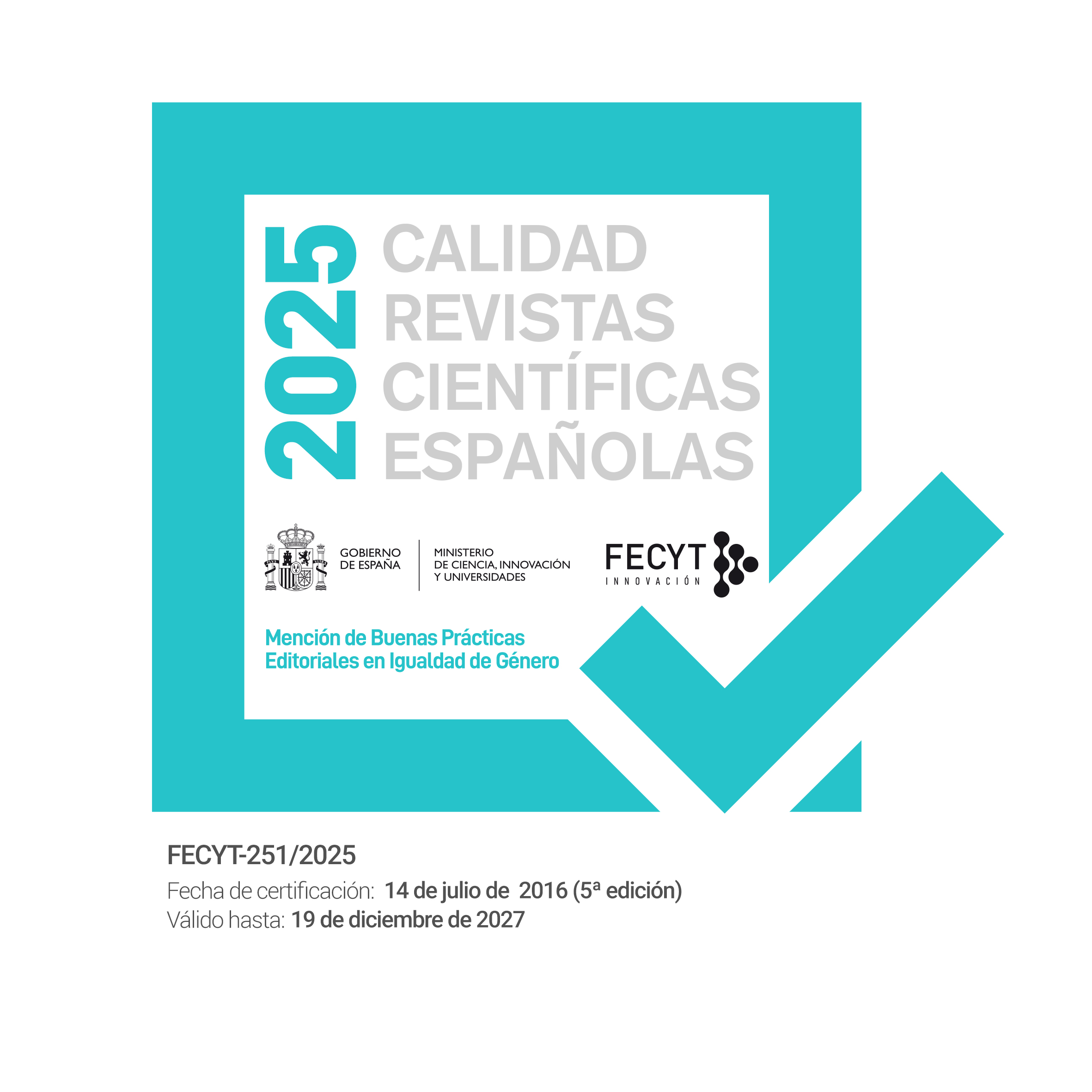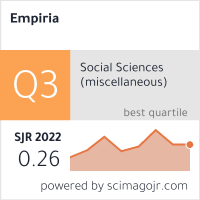Deporte, cuerpo y alimentación: un análisis sociohistórico de cuatro generaciones de deportistas
DOI:
https://doi.org/10.5944/empiria.54.2022.33737Keywords:
alimentación y deporte, dieta, construcción social del cuerpo, control del cuerpo, entrenamiento, food and sport, diet, body social construction, body control, trainingAbstract
In this work, the interaction between sport, eating practices, and body control are studied in four-generation Spanish female athletes, in all of them, three degrees of sport intensity are distinguished, from professional to amateur. A socio-historical approach is used, which allows us to see the process of the social construction of the body, since the post-civil war, when sports activity is experienced by women as a leisure activity and surrounded by food deficiencies, to today, where the performance has modified dietary patterns to achieve sports goals. It will also make visible the way in which dietary practices, body control, and sports norms are integrated into the daily life of women, even without being professional athletes. This work, carried out through qualitative research with in-depth interviews, shows how sports, food and body practices have altered over time, as well as their determinants, which are modified generationally. If in the first generation the material context is the one that determined the practices, during the stage of modernization, the situation is reversed. As the sports dimension takes centre stage and is integrated into the daily practices of women, it is observed how the processes of body construction are modified that are accompanied by changes in sports and eating behaviours.
Downloads
Downloads
Published
How to Cite
Issue
Section
License
Copyright (c) 2022 Empiria. Revista de metodología de ciencias sociales

This work is licensed under a Creative Commons Attribution-NonCommercial-ShareAlike 4.0 International License.
Los autores que publican en esta revista están de acuerdo con los siguientes términos:a) Los autores conservan los derechos de autor y garantizan a la revista el derecho de ser la primera publicación del trabajo al igual que licenciado bajo una Licencia Internacional Creative Commons CC BY-NC-SA 4.0.
b) Se permite y se anima a los autores a difundir electrónicamente las versiones pre-print (versión antes de ser evaluada) y/o post-print (versión evaluada y aceptada para su publicación) de sus obras antes de su publicación, ya que favorece su circulación y difusión más temprana y con ello un posible aumento en su citación y alcance entre la comunidad académica.












